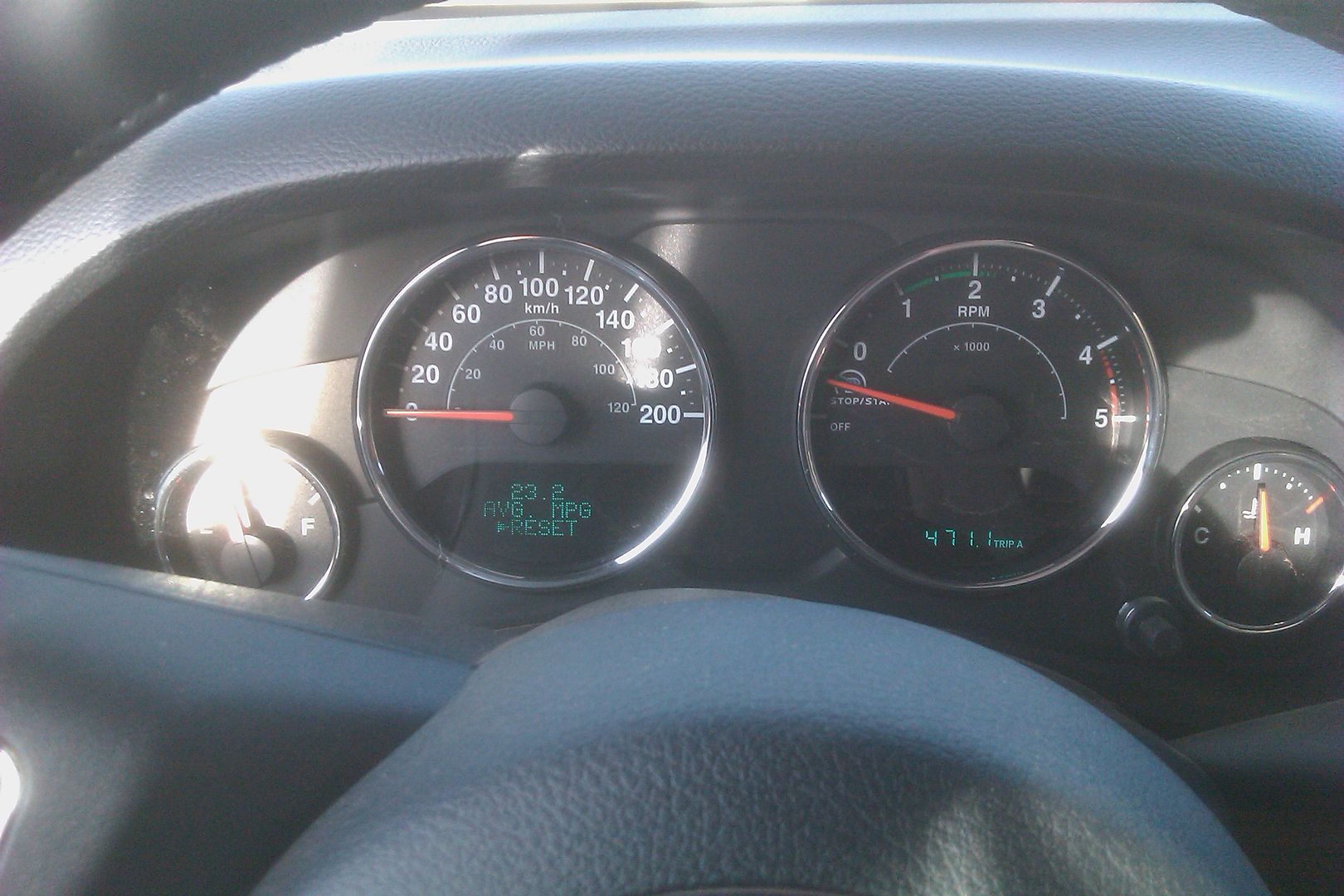At this point, all we can do is speculate. Marchionne is notoriously tight lipped. He is like Steve Jobs in the way he likes big-publicity new product reveals. There are a few things we need to keep in mind, however. The new Cherokee is in by far the largest selling D-segment SUV category. It has to have broad appeal, which means IFS/IRS. The Wrangler is positioned in the more specialized B segment. The thing to worry about is that the wrangler sees a lot of cross shoppers from luxury-brand SUVs. These folks are used to a high number of comfort points, things as soft-touch materials, smooth on-road ride with a minimum of NVH and thumping or porpoising over expansion joints, etc. Also, this group expects off-road ride to be smooth and comfortable, free from strong rebound jouncing and head toss. Actual off-road prowess would seem to be less important than the mere appearance of such.
The other thing we need to worry about is CAFE fuel economy averages. Jeep has already indicated that streamlining styling to improve coefficient of drag is on the table. Unfortunately, this probably means mail-slot window openings and a lower seating position, making it much harder to see the trail off-road. But to the IFS question, weight reduction is also a big component of fuel consumption. Because the center section in IFS isn't subject to the shear stress that SFA is, it can be made lighter duty and of lighter materials (aluminum). Also, heavy axle tubes are not needed. For ultimate weight savings, IFS is the way to go. The question is if Jeep is willing to dilute the Wrangler brand by compromising off-road capability in the name of economy and comfort.
Mike Manley, CEO of Jeep brand, when asked whether indeed Jeep is willing to make the above compromises replied, "Obviously to get the level of capability that we need in the Wrangler, it comes with weight. That's part of the formula. So we do work, and we do look to take weight out wherever we can, but it's a balance, you know? How you make sure that the vehicle is true to purpose. So if we look specifically at Wrangler, there are opportunities. But we wouldn't want to sacrifice the capability of our vehicle. One of the things we said for example is the vehicle will remain body on frame for best support."
Although Manley didn't specifically mention IFS, the body-on-frame comment is encouraging. Because IFS needs less room to cycle, the suspension and axles can be tucked closer to the body. This advantage makes less sense if you intend to stay body on frame. We will just have to wait and see.

